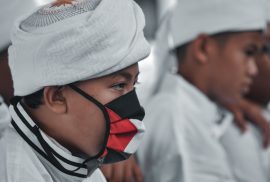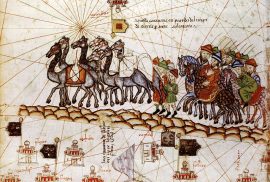Photo: Chalinee Thirasupa / Reuters (February 2, 2023)
Abstract
Southeast Asia faces a serious air pollution crisis due to rapid urbanization, industrial growth, and unsustainable farming practices. The proposed Clean Air Act in Thailand represents a crucial step in tackling this pressing issue and reflects broader debates on the effectiveness of legislative interventions. This article examines the provisions and potential impacts of Thailand’s Clean Air Act. While the Act introduces promising measures such as recognizing the right to clean air and establishing committees for air quality management, concerns persist regarding enforcement mechanisms, socioeconomic implications, and the perpetuation of car dependency. By contextualizing the Act within the broader context of systemic challenges and competing priorities, this article emphasizes the necessity of comprehensive and holistic approaches to air pollution management. Collaborative efforts across governance levels, embracing sustainable practices, technological innovation, and fostering public participation are essential for effectively addressing air pollution not only in Thailand but also across Southeast Asia.









